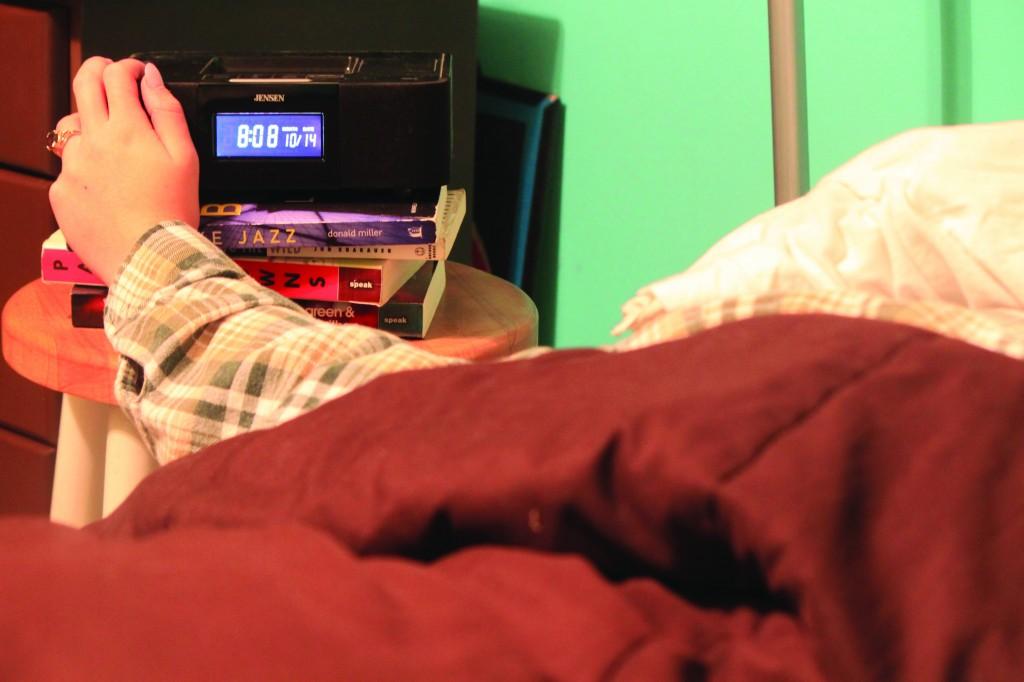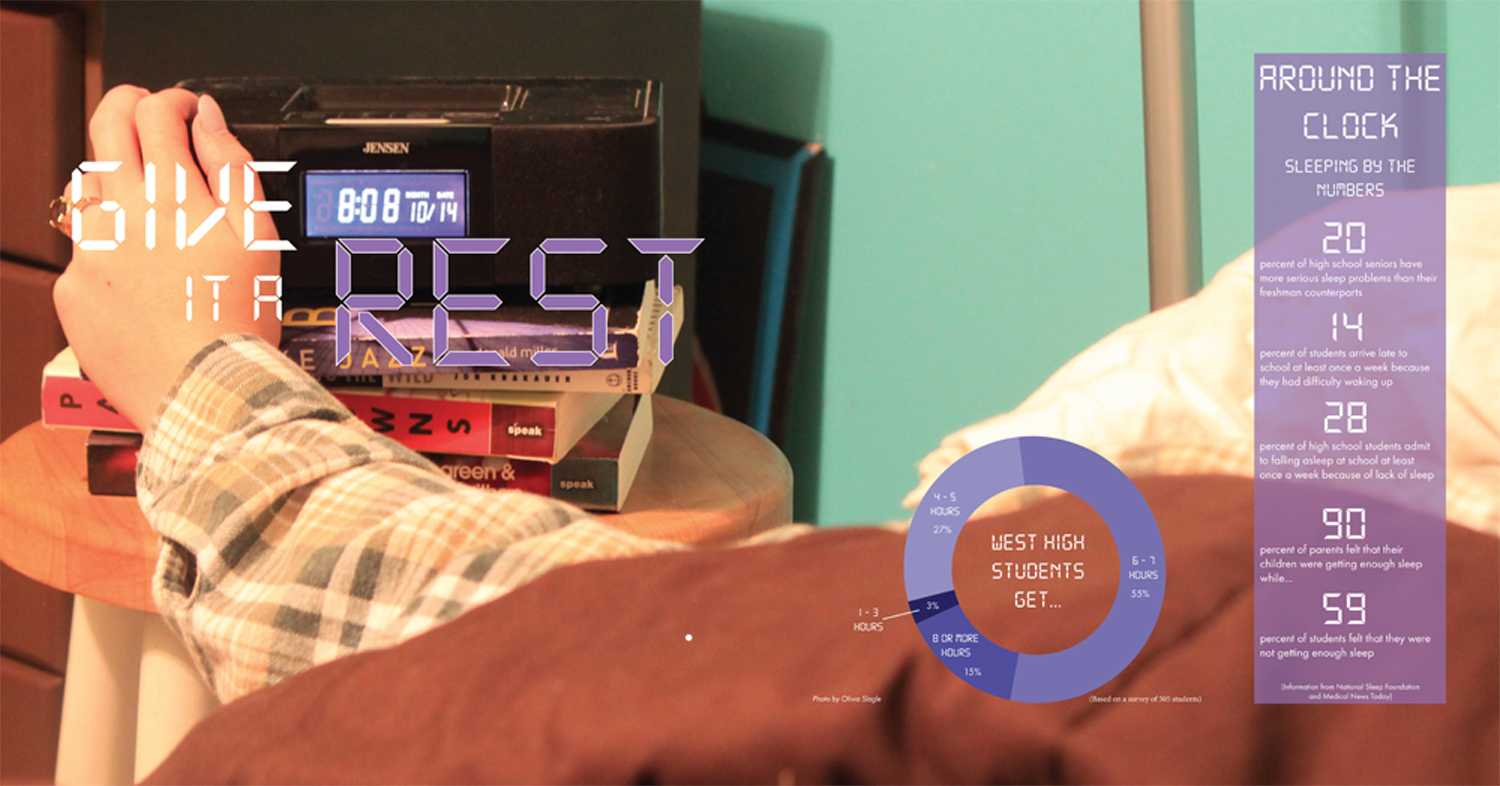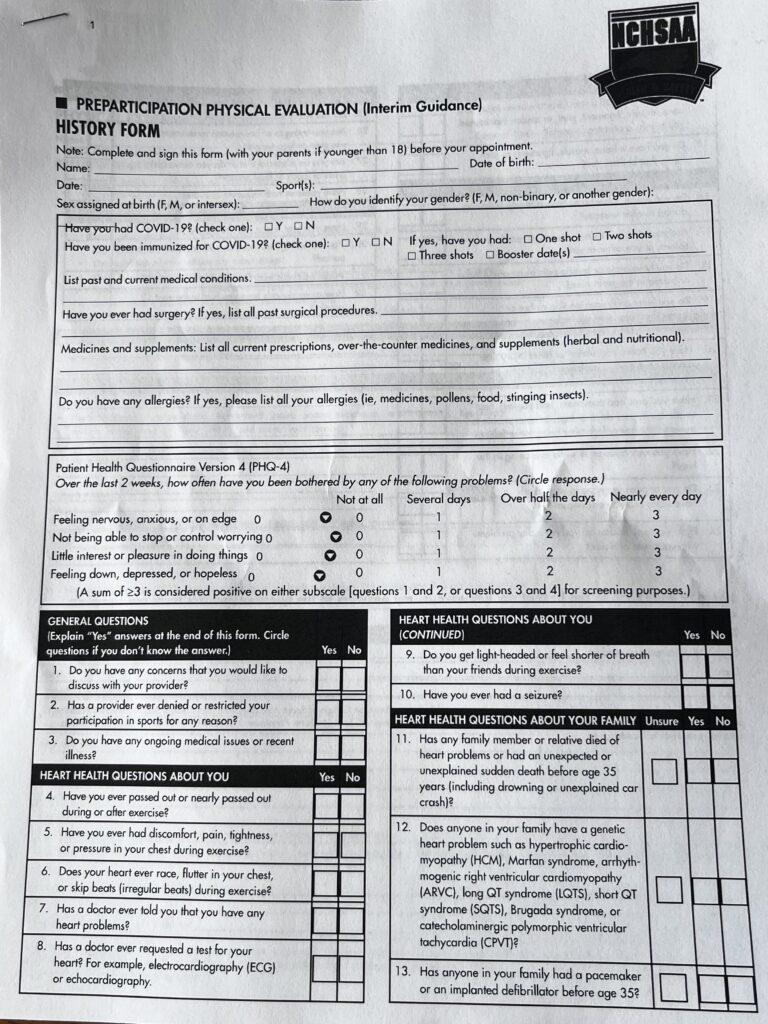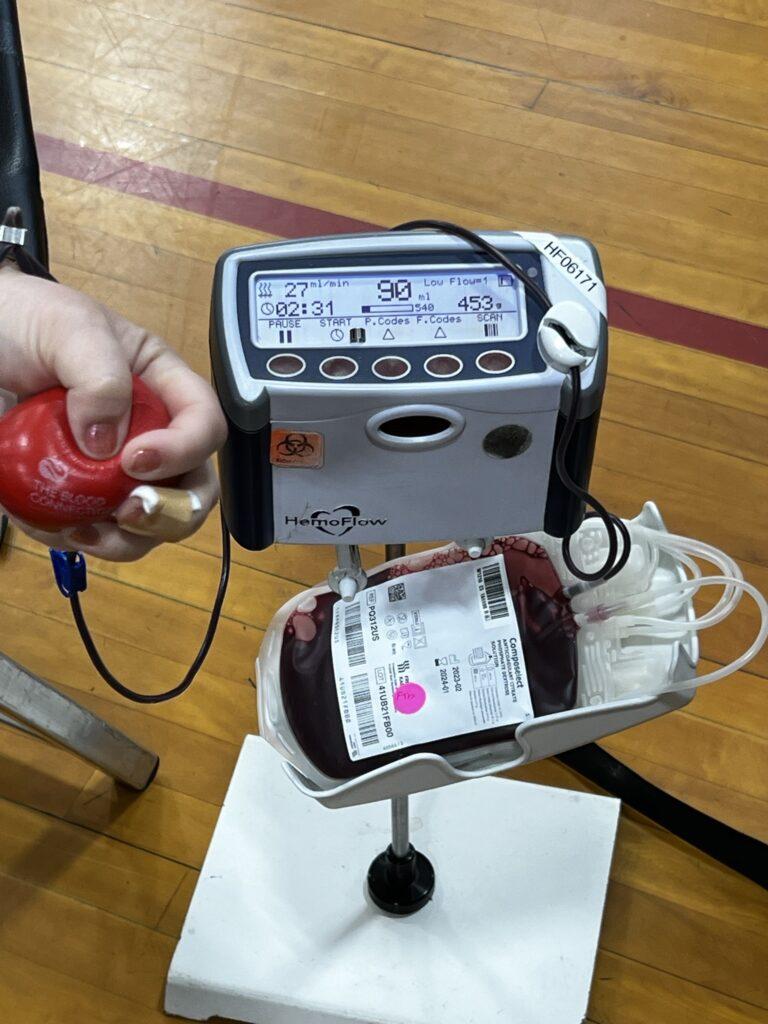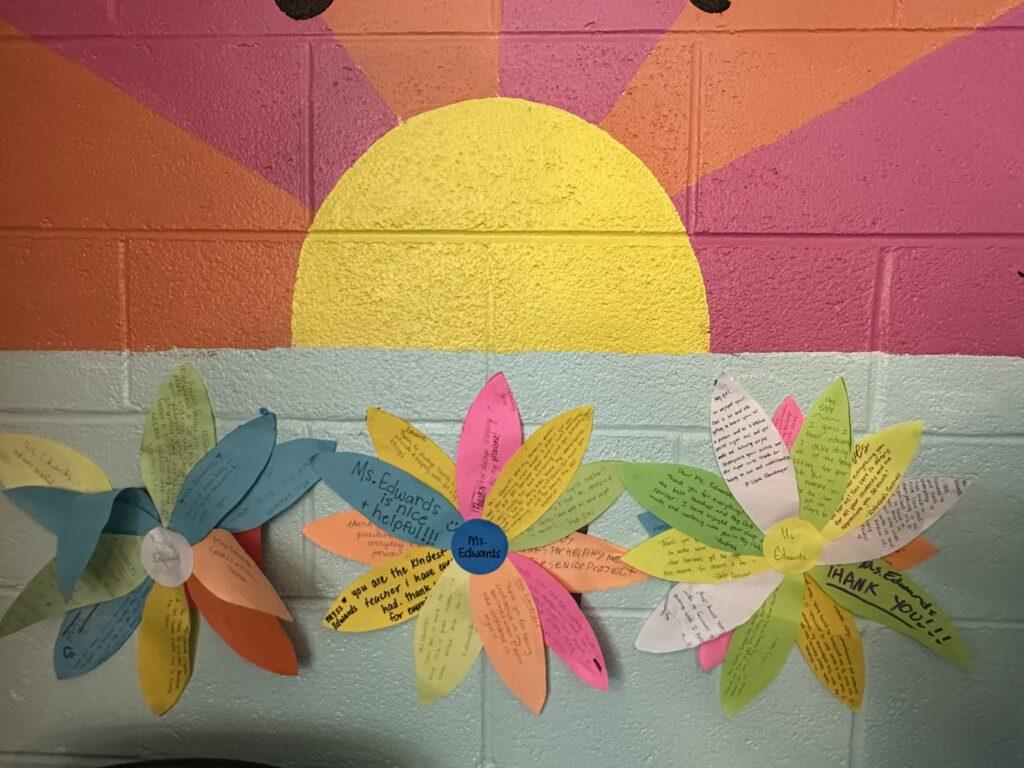Studies show majority of teenagers suffer from lack of sleep
Fighting to keep his eyes open, senior Bryan Check lazily scrawled notes across the notebook page on his desk. The teacher’s voice droned on in the background and his eyelids drooped lower and lower.
He had had an exhausting cross country practice the night before and didn’t get home until 6 p.m.. Then he had to eat dinner, shower, study for his AP Biology test and complete four hours of homework. This had become his daily routine.
“I don’t feel that I get enough sleep to be ready for school. I try to be a well-rounded student, balancing AP classes and athletics,” Check said. “I get home from practice at about 5:30, shower, eat dinner and spend about four hours on my homework on average. I probably get about five hours of sleep a night.”
According to the American Academy of Pediatrics, teenagers require approximately nine hours and fifteen minutes of sleep per night to function at their best. Studies show that the majority of high school students get far less than the required amount of sleep. Studies say eight and a half hours of sleep for teenagers is the minimal amount of sleep they should get a night.
One study found that only 15 percent of students in the United States report sleeping eight hours and 30 minutes on school nights. More than 50 percent of high school students report that they sleep seven hours or less each night, and 82 percent of both middle and high school students said they wake up tired and unrefreshed. More than half say they have trouble concentrating in school.
A Wingspan survey of more than half the student body found that 85 percent of West students get less than the recommended amount of sleep and only 15 percent get eight or more hours of sleep. Less than 10 percent of students report having no homework while half say they have two hours or more on a typical week night.
Adolescents tend to fall asleep later and wake up later than young children and adults because of their circadian rhythm which changes during puberty. A circadian rhythm is the internal clock that directs people to fall asleep and wake up at a certain time. Before puberty, children naturally tend to fall asleep between 8 and 9 p.m.
When puberty hits, the circadian rhythm typically undergoes a drastic change, delaying the time an adolescent starts feeling sleepy — often until 11 p.m. or later.
Tending to stay up later in the night doing homework and studying, as well as using social media, teenagers further disrupt their internal clock. Some students have part-time jobs, early morning classes, extracurricular activities and technological gadgets that also affect them when they go to bed.
Social media not only keeps teenagers awake at night when they are using it, but the light emitting from the screens of phones, computers, televisions and other communications technology tend to confuse the brain, causing users to stay awake longer. Nighttime light exposure suppresses the production of melatonin, the major hormone secreted by the pineal gland which controls the sleep cycle in humans.
Not only does this keep students awake longer, but melatonin suppression has also been linked to an increased risk for cancer, immune system dysfunction, diabetes, obesity and heart disease.
Because of the early start time for area public schools, teenagers must wake up early no matter how late they went to sleep. Students who ride school buses must sometimes be at bus stops as early as 6:30 a.m.
The short-term consequences of sleep deprivation include depression, irritability, a deterioration of learning ability and a lack of alertness. Lack of sleep is a contributing factor in poor attendance by students.
“Lack of sleep definitely affects your mood,” Kim Berry, the Henderson County Public Schools nurse supervisor, said. “I think over extended time, like months and months, you’re going to have chances of depression and anxiety even. Just because you’re not getting enough sleep you’re not going to be able to respond to things easily.”
More specifically, the loss of REM sleep (rapid eye movement) may result in memory loss, a decline in information processing, increased irritability and anxiety, decreased socialization and humor, hyper sexuality, mental fatigue, decrease in creativity, and a decline in the ability to handle complex tasks.
Teenagers have been misdiagnosed with ADHD because of poor sleep and have been diagnosed with diabetes, serious sleep problems, rebelliousness, depression, heart disease, obesity and even a shortened life span.
Weary teens are more likely to get behind the wheel while drowsy, increasing the likelihood of their getting into a wreck, perhaps even a fatal one. Driving while drowsy has been shown to be just as dangerous as driving while drunk. Studies also show that adolescents that do not get enough sleep are more likely to begin abusing tobacco products.
By Sarah Wentzel
Some school districts take doctors’ advice and change start times to later in morning
A new policy statement released in August by the American Academy of Pediatrics tackled the problem of insufficient sleep among adolescents, recommending that middle and high schools start school no earlier than 8:30 a.m.
School systems in nearby states, including South Carolina and Virginia, are already making changes to accommodate these recommendations.
According to the Academy, an estimated 40 percent of high schools in the United States currently have start times before 8 a.m. and only 15 percent start at 8:30 a.m. or later. The National Science Foundation reports that more than 100 school districts in 17 states are currently considering pushing back start times.
One school that has made the switch is Hilton Head High School in South Carolina. Principal Amanda O’Nan delayed the start time from 7:45 to 8:35 this fall. She reported to NBC News her opinion the change had proved positive.
Officials in Fairfax County, Virginia, have studied the issue for more than a decade and recently planned a vote to gather parent opinion. Schools in this district currently start at 7:20 a.m., requiring buses to start pick-ups as early as 5:45 a.m.
Research done by the National Sleep Foundation suggests that delays in start times of as little as 25 minutes can lead to significant improvements in academic performance, attendance, hours slept, daytime sleepiness and mood, along with decreases in driving accidents and risky behaviors.
Faculty at schools that have changed their start time to 8:30 a.m. report that their students miss class less, show better performance in class, pay better attention and report lower levels of depression.
“It would help me be able to teach my students better because the research shows students’ biorhythms naturally do not include early morning hours,” English teacher Betsy Squires said. “A lot of my students are constantly fighting their natural rhythms to try to get up in the morning. It would be much easier to learn if students were well rested. I think grades would improve along with attention.”
Not everyone agrees, including senior Kourtney McCarthy.
“If we moved the start time of school back later I would get to work less because practice after school would be pushed back later,” she said. “I’m already going straight from practice to work, so I would not be able to work as many hours. This would make it harder for me. I would get more sleep if we moved it back, but I would rather it stay the same. I don’t think it’s a good idea.”
Some coaches are concerned about how a later start time would impact student athletes.
“With games the athletes would probably miss more school because we aren’t guaranteed that they’ll change the game times,” basketball and volleyball coach Cathy Corliss said. “The JV girls are playing at 4 already, and if school started at 9, it would let out at 4, meaning the kids would have to leave school earlier in order to travel to the games. There’s a lot of things that play into it.”
By Natalya Lunsford

